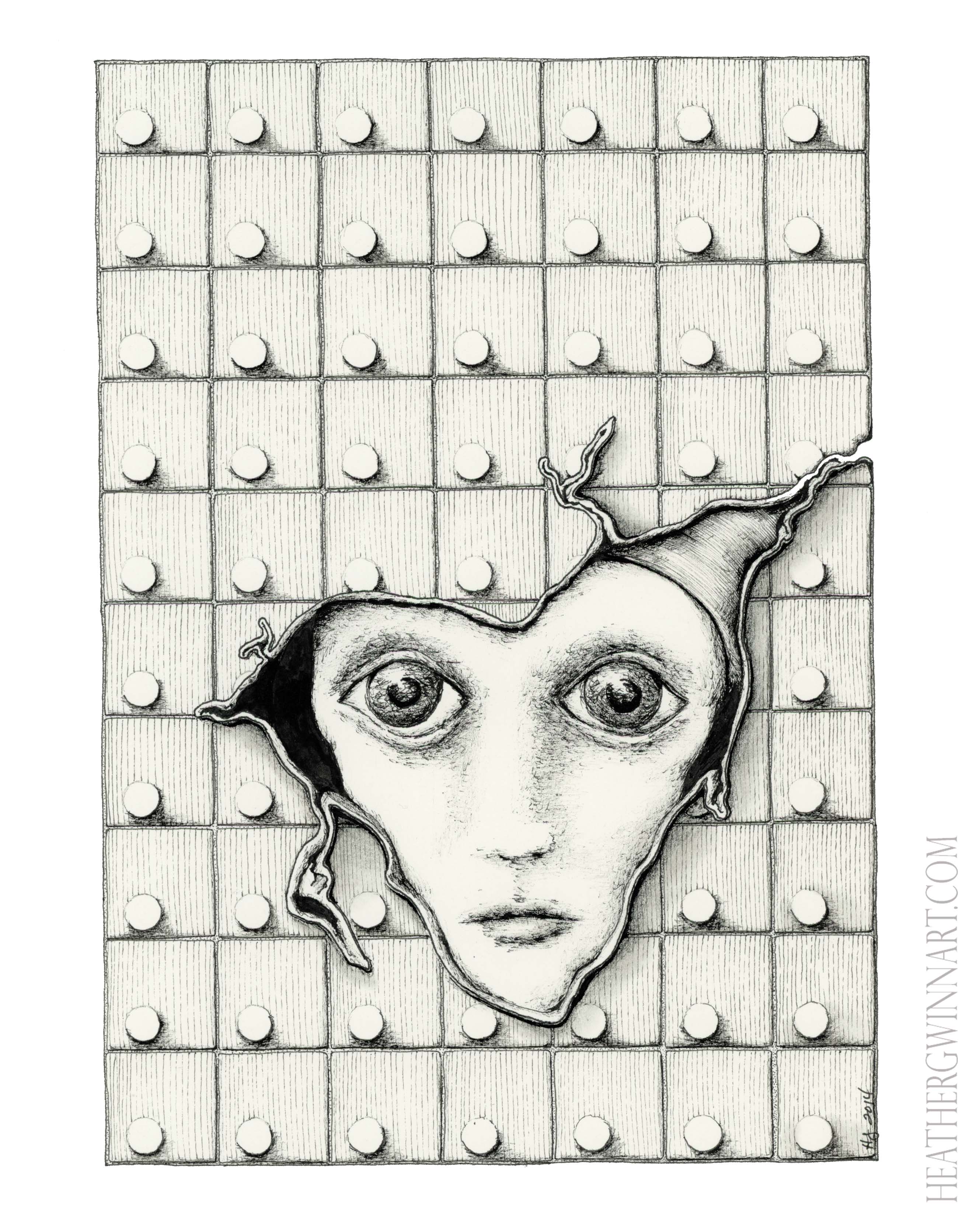 Instead of simple biographical material, at the end of every issue, we ask our contributor’s to reflect on the connections they see between their faith and their work. Every issue, we end up with 20 or so mini-essays on the nature of art.
Instead of simple biographical material, at the end of every issue, we ask our contributor’s to reflect on the connections they see between their faith and their work. Every issue, we end up with 20 or so mini-essays on the nature of art.
From issue 10.2, here is Cameron Alexander Lawrence:
I wrote “The Baptism” at a time when I was stuck between two spiritual homes—the one I had known as a boy, and the one I was walking toward as a man—moving from American evangelicalism toward Eastern Orthodoxy. That season left me with a palpable feeling of homelessness, a sensation that sometimes returns even now, three years after my conversion.
Though I didn’t realize it when writing “The Baptism,” the poem exemplifies an ongoing tension, a paradox, in my life and work as a poet: while I feel compelled by, and committed to, my faith, I simultaneously long to be free of it. That tension has, at times, left me feeling as though I’m both insider and outsider, participant and observer, believer and non-believer. At the heart of the issue is a question about belonging: If I have declared formal membership to a specific faith, and to a particular group of people in a local parish, why would I still feel as though I’m on the outside?
Perhaps it’s partially due to a lack of devotion or discipline on my part, or to the role of the artist as one who chooses to look from a different vantage point. But it also has something to do with knowing that many of my most meaningful experiences of the divine come to me not through liturgy, sacrament, or sacred text, but outside the public and private forms of the church—in the natural world, in the arts, and through relationships with people who don’t share my beliefs. Literature is among those gifts that nurture me in the profoundest of ways, and writers (together with other artists, both living and dead) are among the people who encourage me to turn Godward, whether they mean to or not.
If there’s a connection between faith and literature, it exists because both are fundamental to being human and as such are inextricably bound. Yet understanding or articulating this connection is not what concerns me. What concerns me, both in my writing and day-to-day life, is how I might come to fully embrace my humanity, the mystery of who and what I am, of who and what you are, and how it is that we relate to each other and to God—not in spite of our humanity, but because of it and through it. And while the truth is that I don’t spend much time thinking about the connection between faith and literature, it’s undeniably the case that what I find printed in pages such as these is so often the very thing guiding me in the right direction, leading me home.
[Art by Heather Gwinn]
